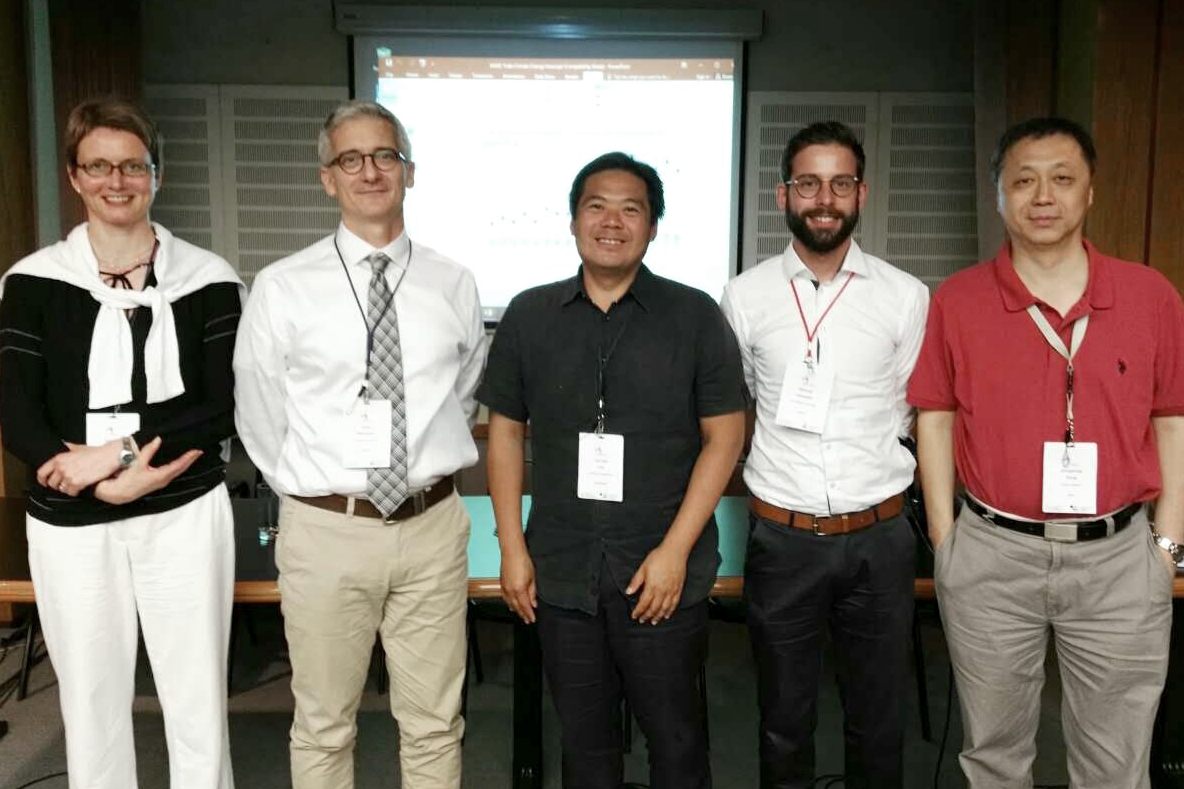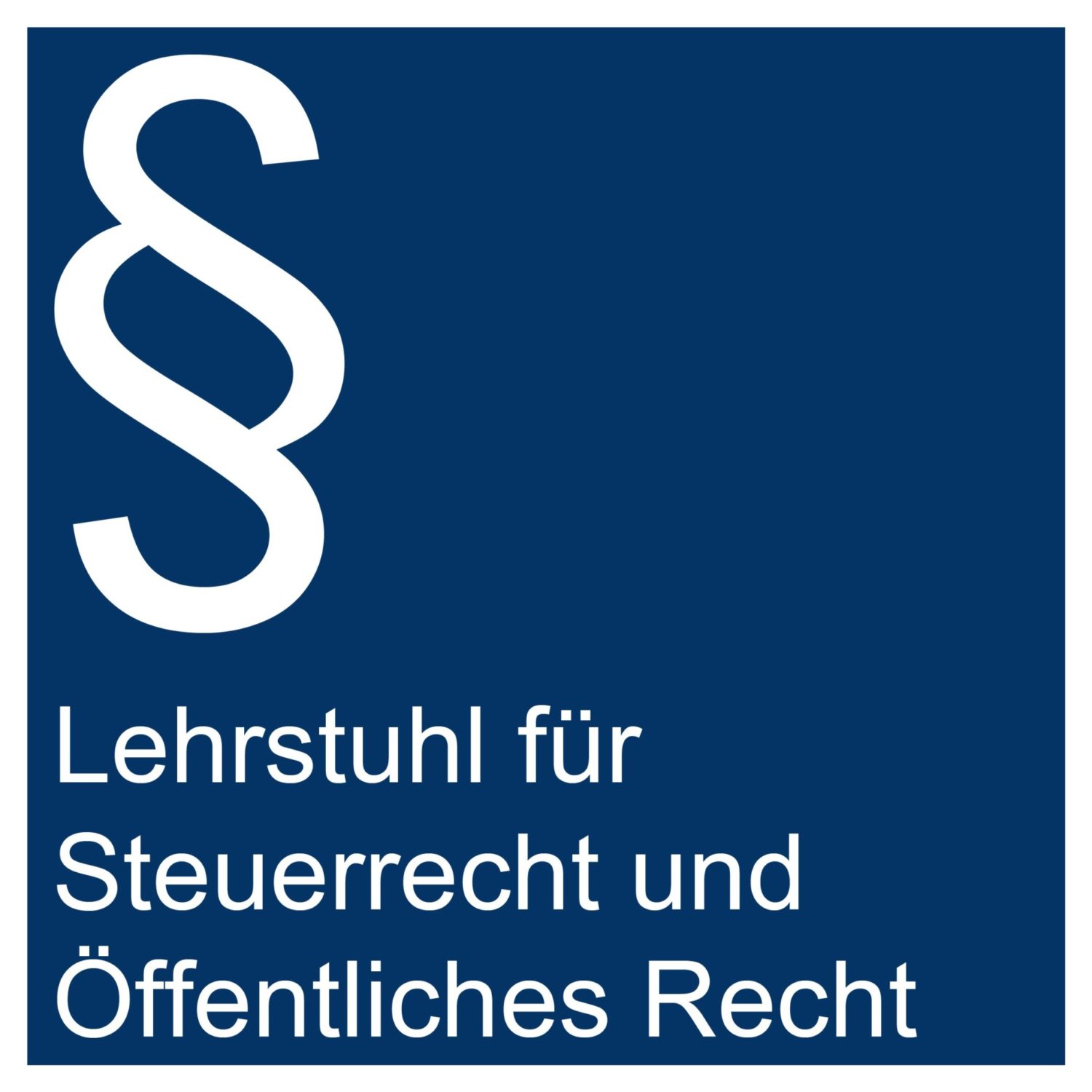EAERE 23rd Annual Conference: Policy session on Trade and Climate Policies in the Context of the Paris Agreement

Manuel Haussner, FAU Erlangen-Nuremberg;
Aik Hoe Lim, World Trade Organization;
Jacob Werksman, European Commission
To hold the average rise in global temperature below 2°C above pre-industrial levels requires a significant cut in greenhouse gas emissions. With greenhouse gas emissions embodied in virtually all products produced and traded in every conceivable economic sector, effectively addressing climate change will require a fundamental transformation of our economy and the ways that energy is produced and used. This will certainly have a bearing on world trade as it will affect the cost of production of traded products and therefore their competitive positions in the world market.
The Paris Agreement is built on a bottom-up approach. This decentralized nature of the climate agreement means that countries have considerable flexibility in determining their own climate targets and instruments incorporated in their nationally determined contributions (NDCs). Moreover, under the Paris Agreement, countries will be mandated to submit an updated NDCs every five years, with parties expected to progress in the levels of ambition in each round in line with their national circumstances. In order to meet their existing and future targets with minimum adverse effects on their own, countries with differentiated legal and political systems are highly likely to pursue wide-ranging climate-related policies. This will increase interactions between the climate and trade regimes, likely generating increasing spillover effects on trade and in some cases testing the limits of trade rules. At the same time, trade offers solutions to climate change. Trade can help achieve a more efficient use of resources, contribute to scaling up climate-friendly technologies, support a shift to a cleaner energy mix, and offer opportunities for collaboration among countries.
This climate-trade nexus has become the focus of an academic debate and gains increasing attention as governments are taking great efforts to forge a post-2020 climate change regime to level the carbon playing field. While the objectives of the UN Climate Convention and the WTO do not explicitly conflict with each other, such desirable policy coordination between the two regimes has not been addressed in a sufficiently serious manner. To enhance synergies between the two regimes, thisy session will address issues that include but are not limited to: climate change and international trade regulation; trade elements in countries’ climate contributions; climate contribution of the environmental goods agreement; carbon leakage and border adjustment measures; inclusion of consumption of carbon intensive materials in carbon pricing; climate clubs at the intersection of pricing, technology investment and trade; strategic subsidies for renewable energy technologies; and WTO perspective for climate-related policies. This session will provide the audience with (a) a very informed and focused insights into trade and climate change policies, and (b) an opportunity to engage in the debate.
